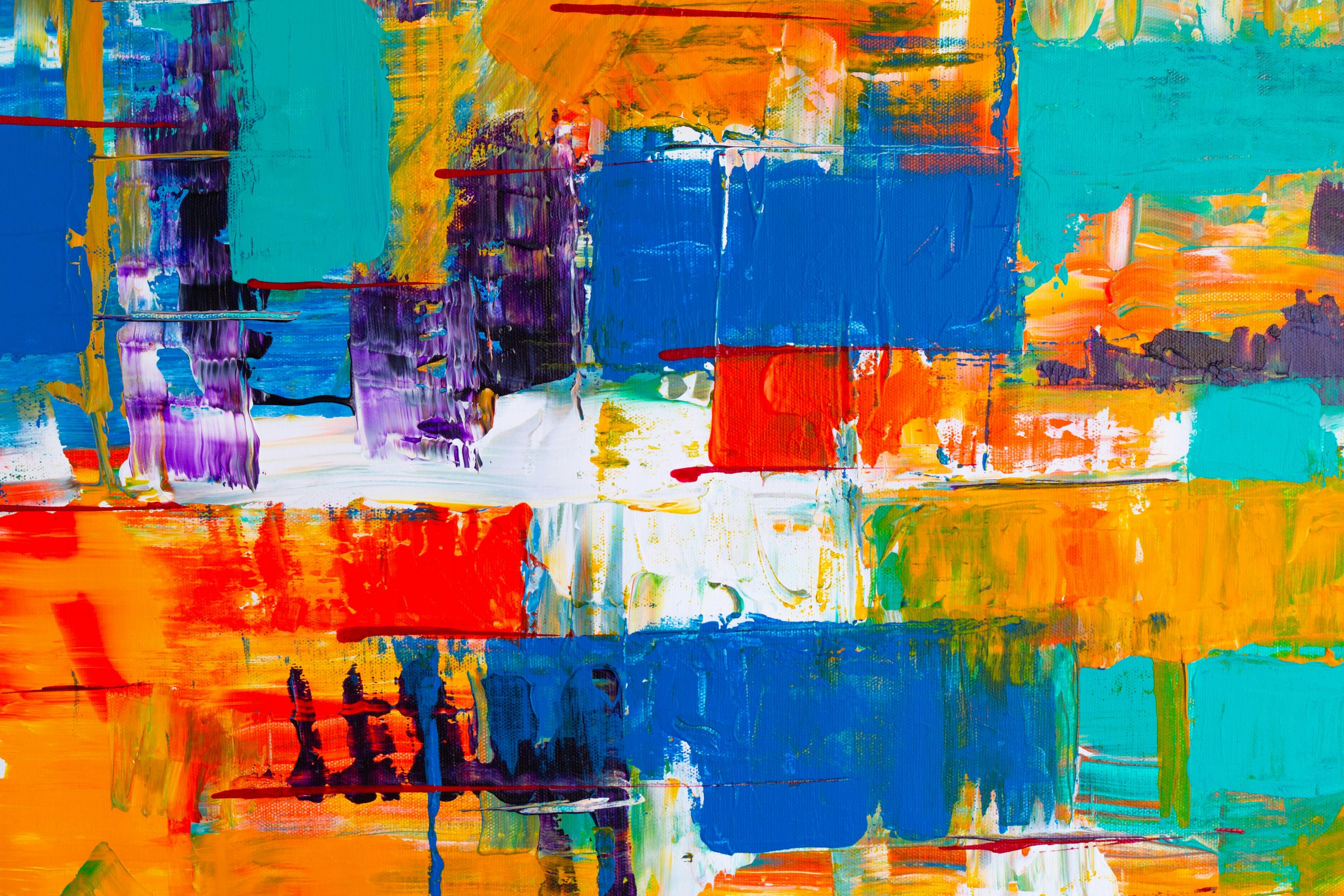Rule Number One
Photo by Steve Johnson
Rule Number One: Art is Discovered, Not Created
Artists always speak about the things they are making, whether they are writing them, painting them, composing, or directing.
The problem is that this is a bit dishonest… Artists are not makers, we are discoverers.
As I’ve navigated my own creative process, one of the things I’ve come to understand is that art is not the end result of something we’ve made, but rather the reward for fighting to clear away the noise from the outside world in order to discover the otherwise formless ideas that are rattling around in our beings.
I began to understand this right before the pandemic. I was working an office job in Manhattan, and free time was hard to come by. I began the habit of setting a timer when I wanted to work on projects, so that I would be undistracted, and could fully focus on what was in front of me. I began to cherish this time, as writing became a cherished exercise which allowed me to find some quiet and understand how I was processing my own life and existence.
Creative people discuss the idea of feeling like their art is simply bursting out of them, and they have no choice but to let it out. To refuse to do so would be unacceptable, impossible… Walking around Brooklyn, you see it in the people whose ideas jump from inside of them — the singers who set up microphones in the park and serenade trees – the poets who carry notebooks and sit alone in cafes while their pens fly across paper.
To “make” art, would suggest that you knew what was going to happen, and what the end result would be. A painter couldn’t tell you exactly how the canvas would look once they finished. They need time to translate the vision they have in their mind.
Many artists approach creation strategically, almost as a form of war. I once read that JD Salinger would put on army fatigues and lock down his house when he would write. Henry David Thoreau felt the need to isolate himself; only in the silence of nature could he discover the stories inside of himself.
When I was in college, I bought a book of F Scott Fitzgerald stories, which also contained personal letters. During a particularly brutal stretch of writer's block, he conceded that he just might not have it in him anymore to wage the war for art. Having become a successful writer, he was handsomely paid to write short stories for the likes of Metropolitan Magazine, Vanity Fair, and The Saturday Evening Post. The cost of his creative process had finally caught up to him.
“I have asked a lot of my emotions-one hundred and twenty stories. The price was high, right up with Kipling, because there was one little drop of something, not blood, not a tear, not my seed, but me more intimately than these, in every story, it was the extra I had.”
To create is to confront whatever it is that’s in your way – fear of failure or irrelevance, a cacophony of internal voices telling us what we have done is worthless, the scarcity of time, or even our own creative limitations —and discover the beauty that resides underneath our own delusions.
